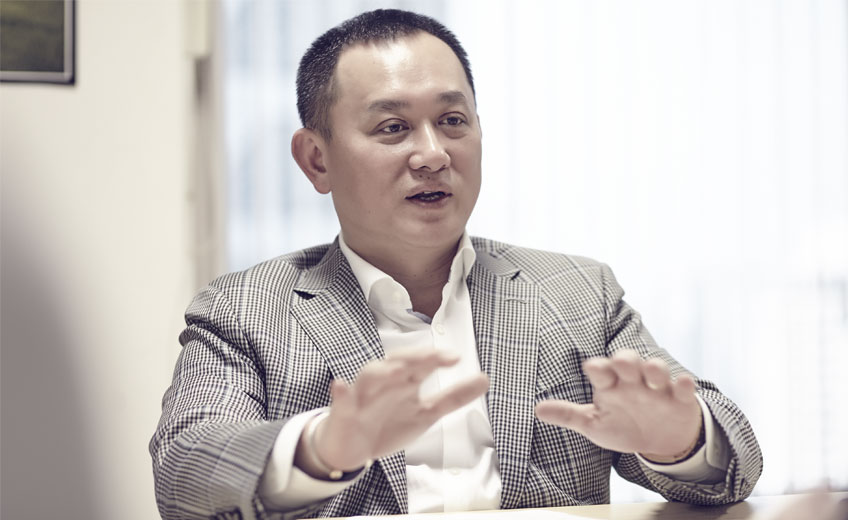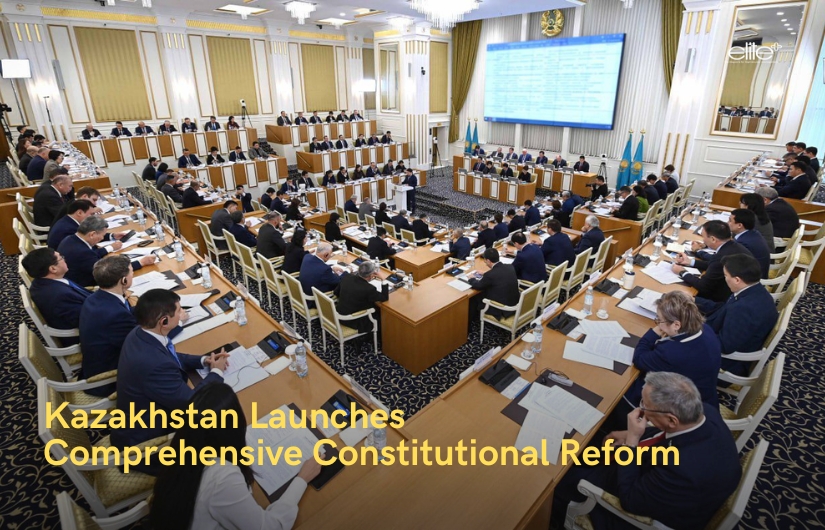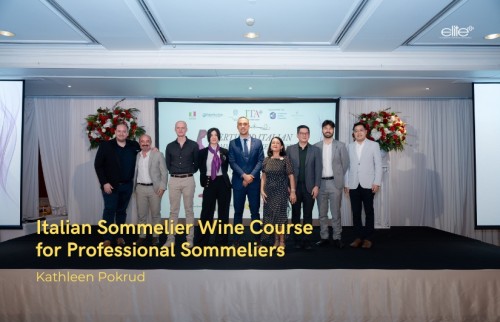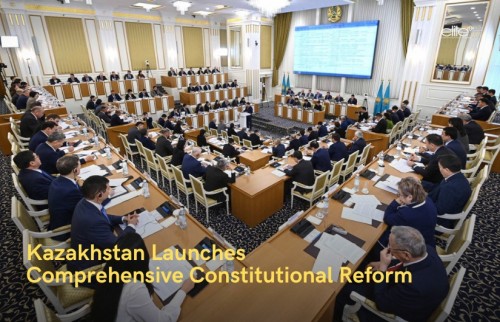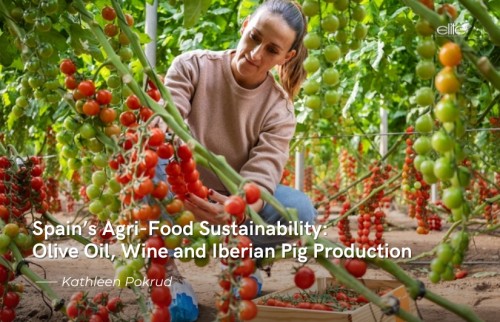The Joint Foreign Chambers of Commerce in Thailand (JFCCT) and its member chambers can trace their history back several decades. Through years of promoting Thai business abroad and foreign investors in Thailand, the JFCCT has come to see itself as a real partner to Thailand’s public and private sectors, generating growth and development in the economy. Through education, discourse and collaboration, rather than by making demands, the JFCCT aims to build consensus among its constituent members and work to propose solutions based on collaboration and problem solving.
Leading the volunteer, multinational organization is Stanley Kang, the Taiwanese-born, Bangkok-based chairman. Mr Kang first came to Thailand in the early 80s with his parents, who were in the textile business. He went back to Taiwan to earn a degree in mechanical engineering at National Taiwan University before coming back to Thailand to start his own textile company, Tuntex, in 1992. Despite his father’s warning that textiles was a “sunset business” that would no longer turn a profit, Mr Kang navigated through the changes and uncertainty to enable Tuntex to thrive and become one of the most diversified and agile in the industry.
His insights on the greater economic, societal and political environment as well as his deep and loving understanding of Thailand and Thai culture make him the perfect chairman for one of the country’s largest representatives of the private sector, with a stake in the prosperity of the nation. Elite+ Magazine spoke to Mr Kang about the aims and achievements of the JFCCT, the current business environment and Thailand’s preparations for the AEC.
- What is the mission of the JFCCT?
We promote Thai business abroad and help foreign businesses in Thailand, so our work goes both ways. We have different chambers from different countries and a lot of Thai businesses start overseas. Right now we have a lot of relationships with the Thai private sector. And sometimes we go together on investments in different areas. Originally it was more one-way but today it is more bilateral.
- How long has the JFCCT been operating?
The first time we got together was in 1976 so now we’re almost 40 years old. Thailand has been open to foreign investment since 1960, and that’s almost 60 years old already and there is a lot of foreign investment here. The JFCCT has around 32 chambers from different countries. We are part of the economy here as well as the global market and there are a lot of issues that we talk to the Thai government about. We give suggestions and recommendations to ensure we have a better environment for investment and trade. That’s our mission and vision.
- The JFCCT works closely with the Thai government. What is the relationship like?
We believe in communication. Not only with the Thai government; we also work closely with the private sector and institutions, including organizations like the Thai Chamber of Commerce, the Federation of Thai Industries, the Thai Management Association, World Bank, Asia Development Bank. At the end of each year, we submit a policy paper to the prime minister, giving recommendations on different aspects of trade and the economy. Thanks to our extensive network we get a lot of data to support our case.
- Are there different committees within the JFCCT?
There are five. One is tourism, which is the big business in Thailand, both inbound and outbound. We have discussions about this all the way from aviation to airports and transportation, to hotels and restaurants and various tourism destinations within Thailand. We also tackle issues like security and safety for tourists, and how to expand tourism to neighbouring countries. Then we have the international trade committee that focuses on bilateral agreements, the FTAs and regional trade agreements like the AEC. We also focus on the TPP and how we should face new international economic agreements. We have to make sure that the private sector knows of benefits and aid provided by the government.
The third committee is the ICT committee that focuses on all the technology, hardware and software. The world has changed immensely and technology has changed our lives. We propose a lot of recommendations to the Thai government about the rules, order and ways to develop the ICT sector.
And fourthly we have the SME committee. Big companies in Thailand have no problem, but with a lot of small to medium-sized enterprises we should nurture and support them much more – from startups to mid-sized and further – and make sure they have a better environment, better policies for high success. And by “high” success I mean for the business environment to be more stable, generating sustainable business for the economy and society.
Lastly, we have a very important committee – education and skills. Finland has a very good education system and with the Finnish Chamber we were able to bring Thai teachers on a trip to Finland to see how schools work
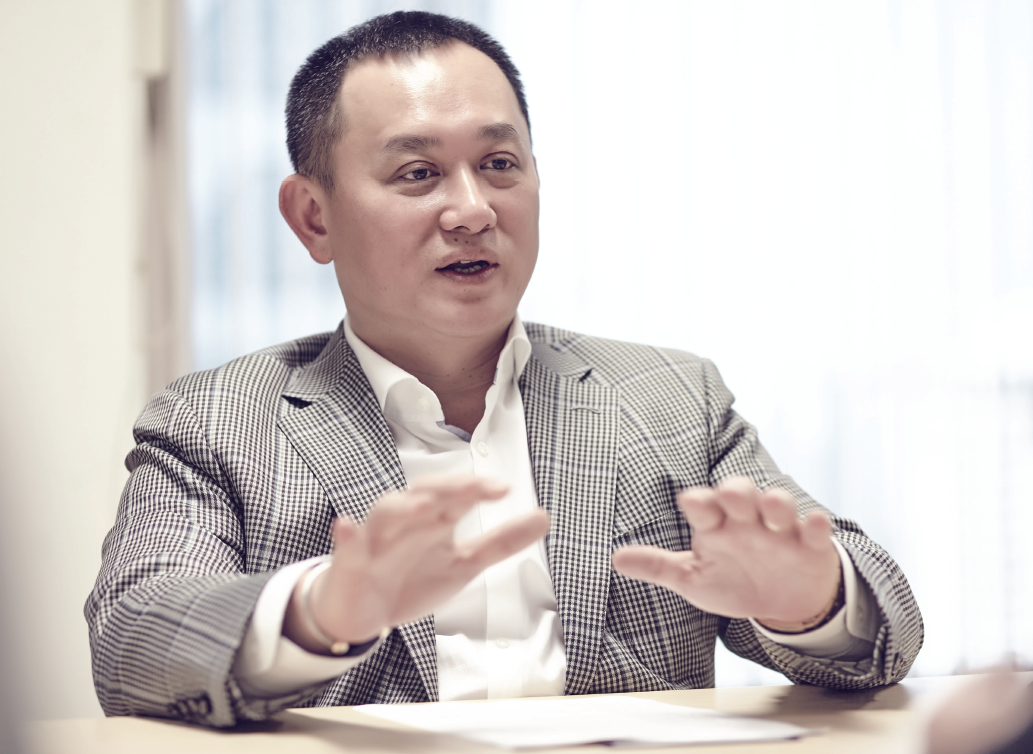
there. The German-Thai Chamber of Commerce has a dual education system that offers academic and vocational knowledge suited to each individual. Not everyone will be a professor or a doctor, and for the society and economy to thrive you need various professions like chefs, engineers and so forth. We are trying to change the perception of the people on that. That is one example of what we try to encourage within the network. We have support both from the Thai government and foreign governments and we work hard to make sure all this support is implemented.
- What are some successes of the JFCCT?
The one-stop service was one of our recommendations. We are trying to help support the government’s policies, and one thing is how to be more open to gain competitiveness.
- Is it important for Thailand to join the Trans-Pacific Partnership?
Thailand should not be absent from the TPP, especially when the US and Japan are members, because these two are big export markets for us. Vietnam joins, so why not? In the first negotiation round, Thailand was not there and we were worried. Vietnam is among the beneficiaries. They know how to negotiate. I told the Thai government that we should not be absent from international treaty negotiation tables. We should do our best to get the best treaty back to Thailand. I also believe that free competition will make us stronger and stronger. In any country, not just Thailand, if any businesses are really protected, the less competitiveness they have. So I think that Thailand should not be absent from any opportunity to negotiate for global trade.
- What are some of the JFCCT’s current challenges?
Our transparency and efficiency are very important. The JFCCT is a non-profit organization and we are all volunteers, so there is a very limited budget. It is very restricted how we acquire our funding, otherwise how can we earn trust and respect from the government? A lot of people trust us and listen to us because we’re not doing business. We provide data and research and not just opinions and wishes.
Another challenge is internal – communication among members that come from different parts of the world and backgrounds. Our members from Asia – Taiwan, China, Hong Kong, Indonesia, Malaysia and Thailand – think one way, while the Europeans or those from New Zealand, Australia, Russia, think the other. Even in Thailand, the Thai Chamber of Commerce and the provincial chambers of commerce sometimes cannot agree. So we have to spend a lot of time on communication to make sure we understand each other and to get the concepts right. It is important to agree and become aware of each other’s mindset to go forward.
- What about something closer to home like the AEC? How can Thailand make it a success?
So far the free movement of goods is there, and efficiency will improve. What we need to focus on next is the free movement of people, how to share labour and create flow in the workforce. This is stated in the AEC structure, but right now we are far behind that. The Thai government should help neighbouring countries. Take out the border so people can trade. A lot of underground businesses will go overground, creating duty, paying tax. At the moment neighbouring countries are still far from us, and we must help them so we can export more. They all love Thai products. We know how to produce things they don’t, and once you have all the infrastructure, Thailand can be a real hub. And when north ASEAN powers can be strong together and strong economically and connect with the south part of ASEAN, then the world is looking at you. You are the big market.
- Does Thailand have enough skilled workers to drive the AEC?
Today you can see we have three to four million unskilled workers from neighbouring countries in Thailand. If you look at Singapore, they bring in high-skilled people – they are high-in, low-out and we’re the opposite. Our good people go to study abroad and they don’t come back. That’s why we need to help neighbouring countries; if there is work for them at home, there will be fewer problems for us. At the same time, Thailand should create better conditions for talented and skilled foreigners to stay and work and for skilled Thais to want to come back and work at home. Then you have a future.
The National University in Singapore is a very good school with professors from around the world and lots of international students. They offer you scholarships to study, but you can’t leave right after you finish. You are required to work in Singapore for two years. In Thailand it’s the opposite. They want you to get out once you’re done. They don’t give you a visa. You should keep the good people with you, to become a global village. Bring good teachers in so good students will follow. Bring in good professionals to help and people can learn; otherwise all you get is unskilled labour.
The government always talks about national security. But if you allow three to four million unskilled workers to stay in Thailand, what harm could half a million good, decent professionals do? Invite good people and the country will be different. You can’t close a country like this and expect development and competitiveness. Look at China. As soon as they opened, everyone rushed to them.
I don’t think Thailand should focus too much on labour because these days we’re talking about Thailand 4.0, about smart manufacturing, big data and a digital-driven environment. In the future, a lot of jobs will be replaced by automation, by robots. Of course a lot of people will lose their jobs but at the same time we need a lot of other skills. So you’ve got to retrain people to make sure they can find new jobs.
- Do you think Thailand can be an attractive place for foreign investment the way Singapore is?
Yes. I travel a lot within the region because my company has operations in Indonesia, Vietnam and Cambodia, and I find Thailand to be the safest. Overall in ASEAN Thailand has the best security. There are no natural disasters. It’s in the centre of ASEAN. It has never been colonized. It’s a blessed country. People here are friendly, easy-going and forgiving. That’s the beauty of Thailand.
- Does Thailand’s political situation affect investment?
As chairman of the JFCCT, I told the government that investors first want to see stability in politics and the economy.
This goes for Thai investors too, not just foreigners. You’ve got to have a clear policy and make sure your policy is long-term, five or 10 years. China, Singapore, Malaysia, they all have long-term plans. Draw up what you envision Thailand will be in 20 years and have policies. Lastly, we still focus on anti-corruption. We need real reform in the public sector to see efficiency and transparency. Corruption is now a cost of doing business. If you have connections, you can do it. If you have no connections, you cannot do it. There is no equality. We’re looking for fairness in the business environment so people can come and invest. For two years we’ve worked hard on these things.
- What can ASEAN learn from Brexit?
ASEAN will be OK because we don’t have tight regulations that tie us to each other. The EU has been strict whereas ASEAN is very loose. We keep talking and setting targets which may or may not be realized. But I urge ASEAN countries to have more dialogue, more communication. One of my slogans is that the quality of your life is the quality of your communication.


